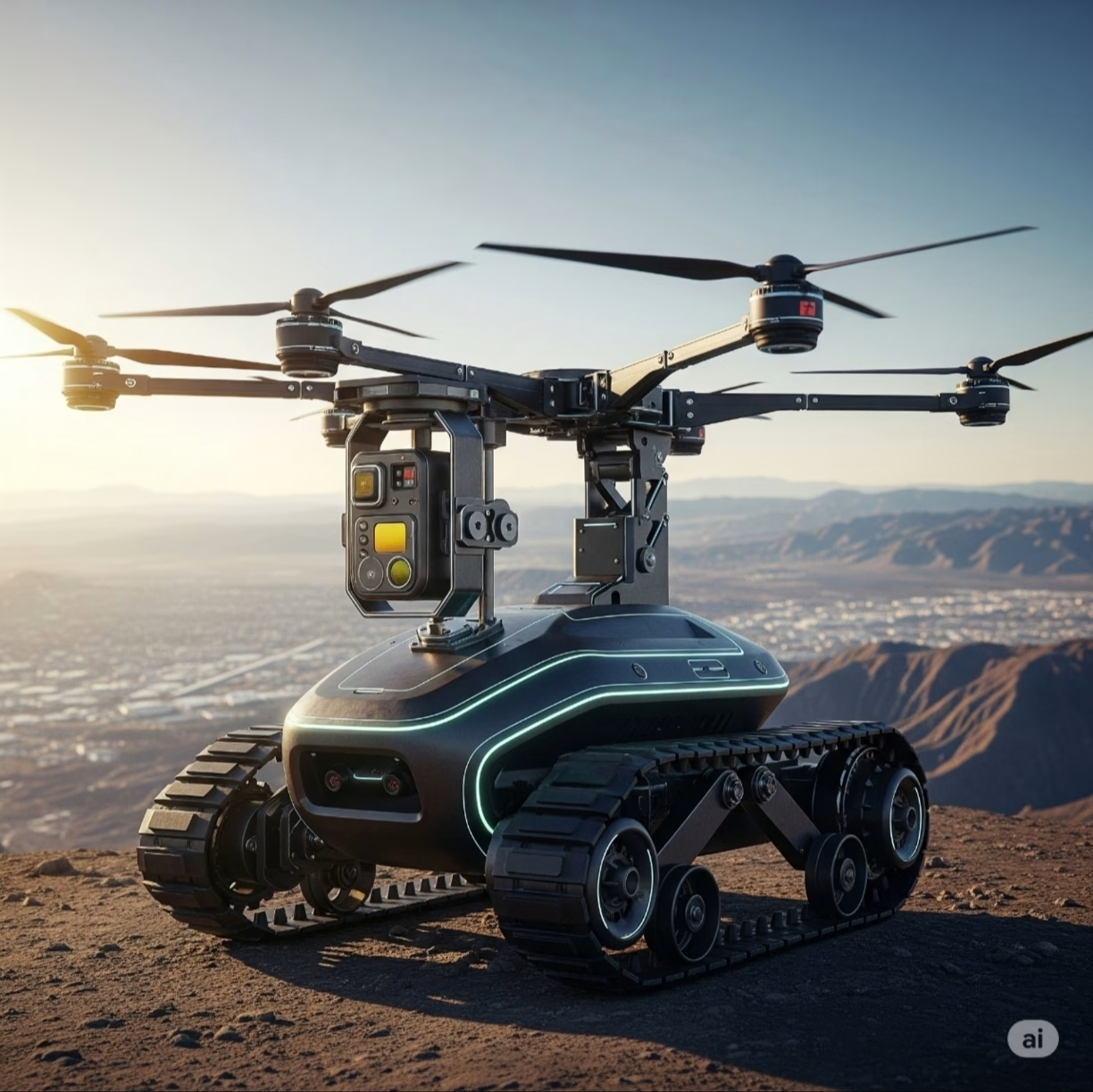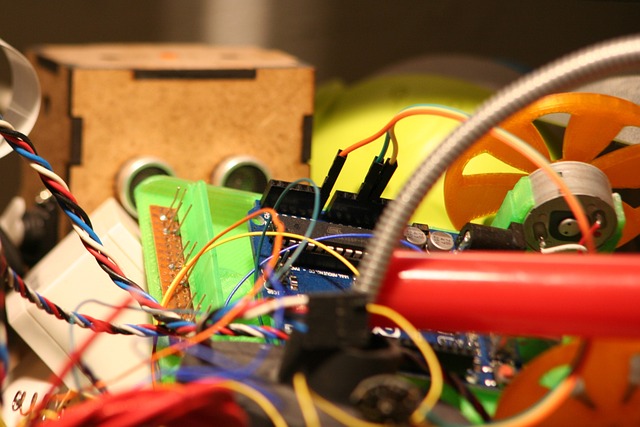To work on a robotic project, you should have knowledge in the following subjects:
1. **Mechanical Engineering:** Understanding the mechanics of your robot, including materials, design, and how it will physically move.
2. **Electrical Engineering:** Knowledge of circuits, power systems, and components such as motors, sensors, and microcontrollers.
3. **Programming:** Proficiency in programming languages like Python, C/C++, or Java to control the robot’s behavior.
4. **Robotics and Control Systems:** Understanding robot kinematics, dynamics, and control algorithms.
5. **Sensors and Actuators:** Familiarity with various sensors (e.g., cameras, ultrasonic, infrared) and actuators (e.g., servos, motors).
6. **Computer Vision:** If your project involves vision-based tasks, you’ll need to understand image processing and computer vision techniques.
7. **Machine Learning and AI:** If your robot needs to make decisions or learn from its environment, knowledge of machine learning and AI is beneficial.
8. **Mathematics:** Strong math skills, including calculus, linear algebra, and geometry, are important for understanding robot motion and control.
9. **Software Development Tools:** Familiarity with development environments, version control, and debugging tools.
10. **Project Management:** Skills to plan, organize, and execute your project efficiently.
11. **Safety Regulations:** Depending on your project’s application, you might need to adhere to safety standards and regulations.
12. **Physics:** A basic understanding of physics, especially mechanics, can be crucial for robot design.
Keep in mind that the specific subjects you need to focus on will depend on the complexity and type of robotic project you plan to undertake. It’s often a multidisciplinary effort, so collaboration with experts in these areas can also be valuable.
Here are some more subjects that can be relevant for robotic projects:
13. **Communication Protocols:** Understanding how to establish communication between different robot components, often using protocols like UART, I2C, SPI, or wireless communication.
14. **Embedded Systems:** Knowledge of embedded systems and microcontrollers for creating the “brain” of the robot.
15. **Mechatronics:** An interdisciplinary field that combines mechanical engineering, electronics, and computer science, which is particularly relevant to robotics.
16. **Battery Technology:** Understanding power storage and management, especially for mobile robots.
17. **Control Theory:** In-depth knowledge of control systems and feedback loops for precise robot control.
18. **Simulation and Modeling:** Using software tools to simulate and model your robot’s behavior before physical implementation.
19. **Ethics and Social Implications:** Awareness of the ethical considerations and societal impact of robotics.
20. **Design Thinking:** Applying design principles to create user-friendly and efficient robot interfaces and interactions.
21. **Data Analysis:** If your robot collects data, the ability to analyze and interpret that data can be crucial.
22. **Material Science:** Understanding different materials and their properties for selecting the right components.
23. **Cybersecurity:** Especially important if your robot connects to networks or the internet, as security is a concern.
24. **Human-Machine Interaction:** If your robot will interact with humans, understanding how to make the interaction intuitive and safe.
25. **Mobile App Development:** If your project involves controlling the robot via a mobile app, app development skills are useful.
26. **Astronomy (for space robots) or Marine Biology (for underwater robots):** Specialized knowledge depending on the application.
Remember that the subjects you need to delve into will depend on your project’s scope and objectives. It’s also a good idea to continue learning and adapting as technology evolves and as your project progresses.









